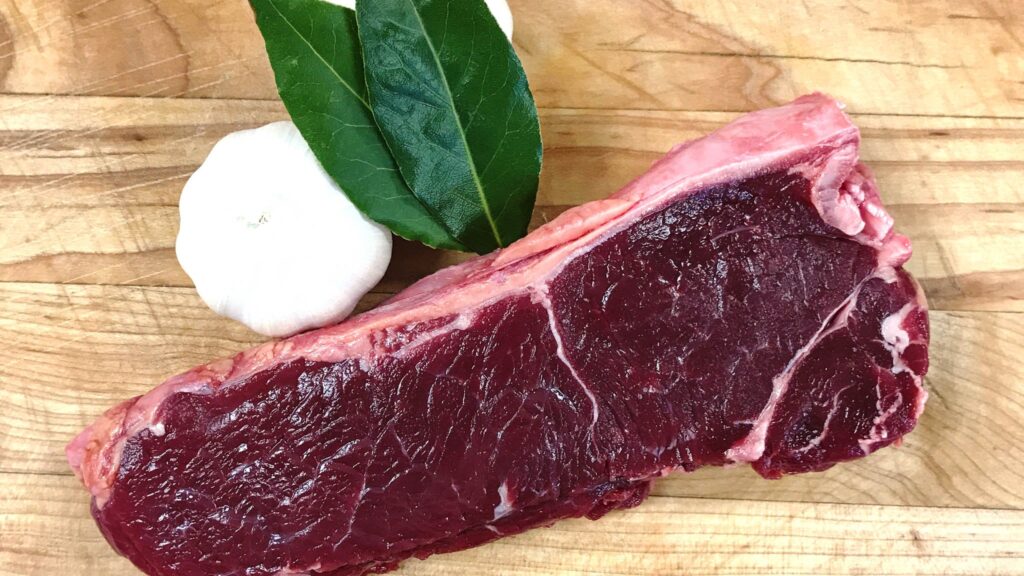Yak meat is a delicious, lean red meat that is similar to grass-fed beef or bison. It is also low in cholesterol and saturated fats, which makes it a good choice for those who are concerned about heart health.
It is a great source of protein and iron and has a slightly sweet flavor that some people prefer over beef. It can be used in various dishes, including soups, burgers, and tacos.
Overview of Yak Meat as a Food Source
Yak meat is one of the most exotic red meats on the market. It’s an attempt to replace beef and pork with healthier alternatives that don’t impact our ecosystems or climate.
It’s leaner than venison and bison (about 5 percent fat, compared to 15 percent for beef) and to some tastes juicier, sweeter and more delicate.
These attributes make yak a great choice for vegetarians and vegans as well as people with low cholesterol. It is also high in Omega 3 fatty acids, which help improve your health and mental state.
You can buy yak meat in bulk online or at specialty stores that specialize in exotic meats. Some shops even sell related products, such as fibers and leather.
Culinary Uses and Traditional Dishes
Yak meat is becoming increasingly popular in the United States. It is a good alternative to beef, and is high in iron and protein.
This meat is also low in saturated fat and cholesterol, making it a healthy choice for vegetarians and vegans. It can be grilled, roasted or braised in soups and stews.
Ground yak sirloin makes an excellent burger, but can be used in many other dishes as well. It has a lean texture that is similar to chicken breast, and can be cooked quickly or served cold on salads.
Tibetans eat a lot of yak meat. They use it in curries, tsampa (porridge) and yoghurt.
Availability and Market Trends
Yak meat is becoming more popular across the United States. Many small farms are raising yaks and selling the meat to customers as an alternative to beef.
Although yaks aren’t native to North America, they are a hardy species that are compatible with American farming practices. They require no special permits and are easy to raise and slaughter.
In the past few years, yak meat has become more available to consumers throughout the country. Several specialty stores sell yak and other exotic meats.
Health Benefits and Concerns
Yak meat is a healthier alternative to beef because it doesn’t have as much fat, has comparable protein levels, and contains more vitamins and minerals.
It is a popular choice among consumers who want to try something different from conventional beef or chicken, or those who are concerned about the treatment of animals and the impact of meat production on the environment.
Another benefit to eating yak is that it produces fiber, a material that can be used for clothes, blankets, purses, and other items. It is also a sustainable option, as it doesn’t use any chemicals to produce the fiber.
Sustainability Issues
The harvesting and consumption of yak meat may have an impact on the environment. Yaks require less food than cattle and bison, and they are largely grass-fed.
They also produce fewer greenhouse gases than other ruminants and are more resilient to harsh conditions. Additionally, yaks are highly trainable and intelligent animals.
Nevertheless, the market for yak meat remains underdeveloped globally. Farmers need to cultivate the market by establishing long-term customer relationships and by creating products that consumers want.

